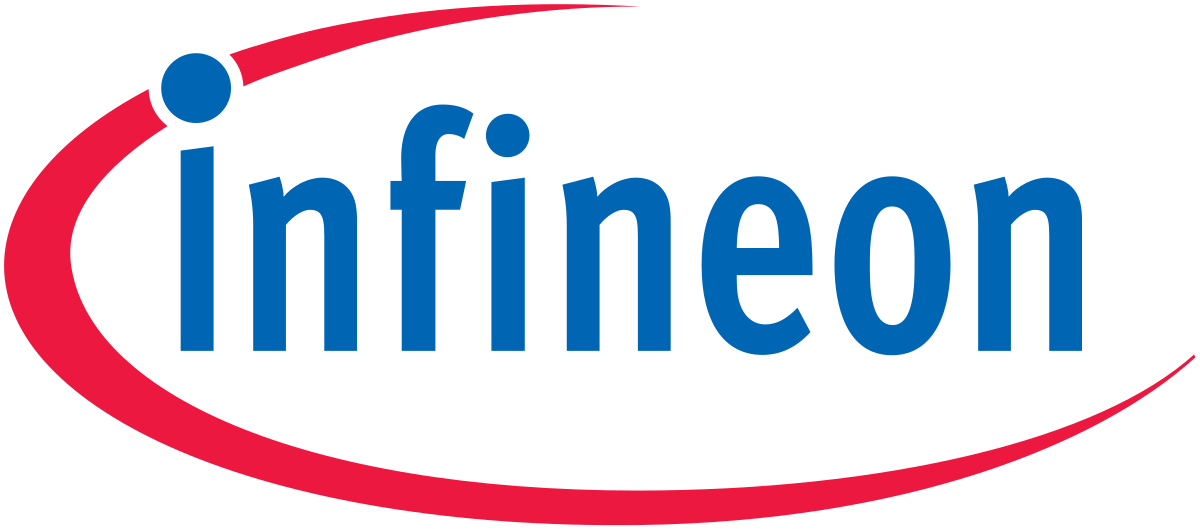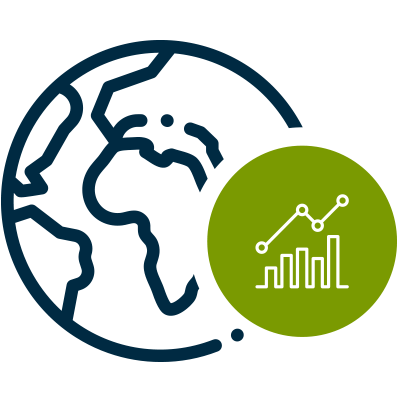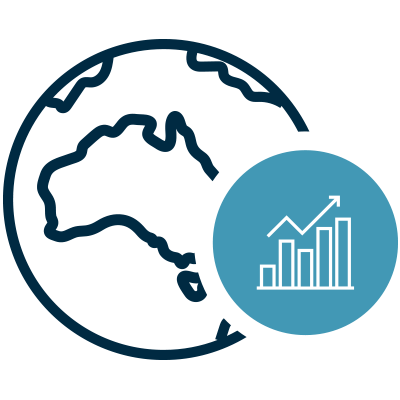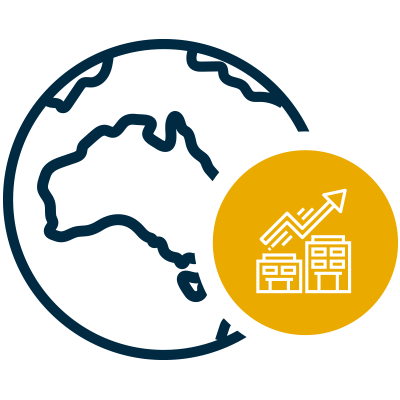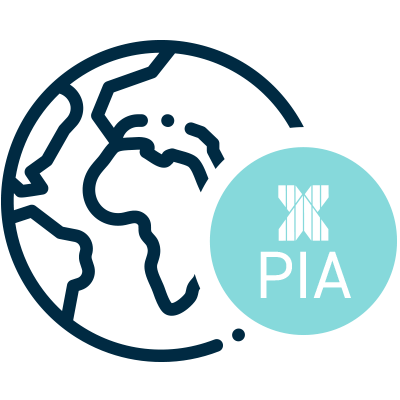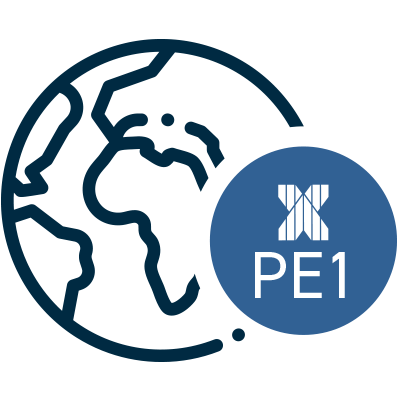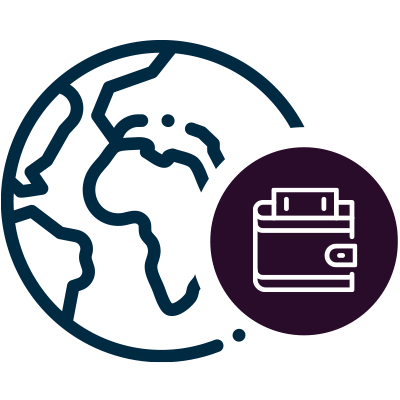SUMMARY
Global equity markets bounced back in March, despite the continued war in Ukraine and the significant disruption to global supply chains. Many regard the bounce as a bear-market rally, as the macro backdrop remains gloomy with waning fiscal stimuli and increasing stagflation risks. The Fund underperformed the benchmark MSCI World Index in March with supply chains being further disrupted by the war in Ukraine which weighed on the performance of the Sustainable Transport and Resource Efficiency themes.
In this month’s commentary, WHEB discuss the drivers of dramatic growth in ESG and sustainable investing over the past few years, and how the rapid adoption of standardised ESG ratings is likely to be an impediment to the holistic understanding of sustainability issues going forward.






